When I was 10 years old, I picked up some stones and threw them at a dog. Some boys saw me. I was afraid they would tell my dad. Instead of confessing to my dad, I suffered in fear which turned into shame. I never did confess. Whenever I remembered that incident, I always felt ashamed.
There is a difference between guilt and shame. Guilt is an appropriate response to doing something wrong. Shame makes you feel like there is something wrong with you.
God has provided a way for us to deal with guilt. 1 John 1:9 says, “If we confess our sins, He is faithful and just and will forgive us our sins…” Confession is admitting that we are guilty of a specific sin. If I had done that when I first threw stones, I probably would have been spared years of shame.
The Prodigal son was guilty of sinning. His comment to his father, “I am no longer worthy to be called your son” indicates he was ashamed as well. Unlike me, he went to his father and confessed, “Father, I have sinned…” That opened the door for his father to forgive, love, accept, and restore him. Since shame is a feeling, being assured we are loved and accepted can help to overcome shame.
God will forgive and remove the guilt of your sin, because Jesus has already been punished for your sins. When you take God at His word and believe you are forgiven, you can leave shame behind.
If you are holding onto guilt over a sin you have committed, believe that God will forgive you when you confess. Go to him as the Prodigal son did, even with his feelings of unworthiness. You do not need to feel worthy or shameless to go to God. He will respond with forgiveness, healing, and restoration.
If shame is a result of something done to you, you are not guilty. It is important to distinguish between guilt and shame. It may take counseling to overcome that kind of shame. Be kind to yourself and seek counsel.
Sharon Chapman

